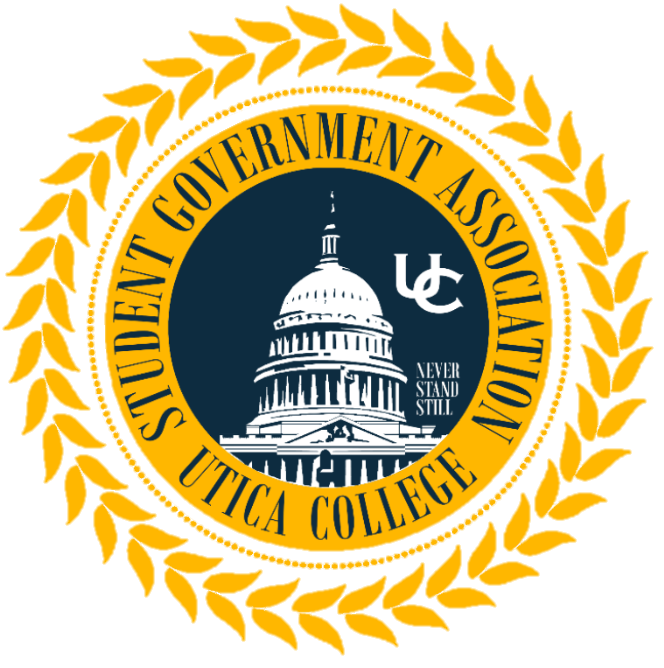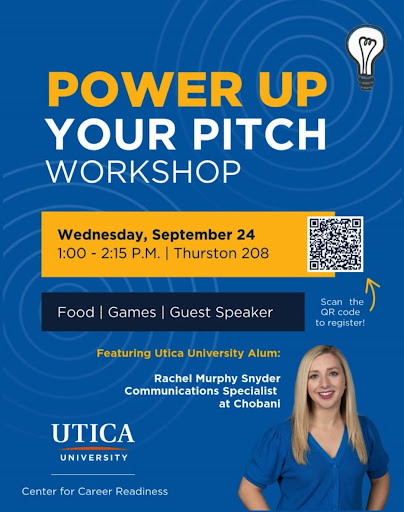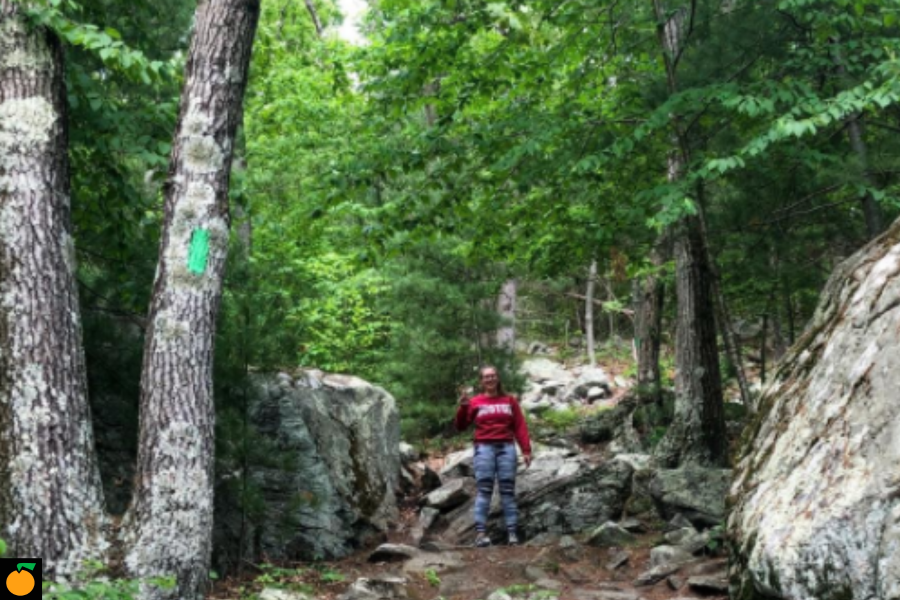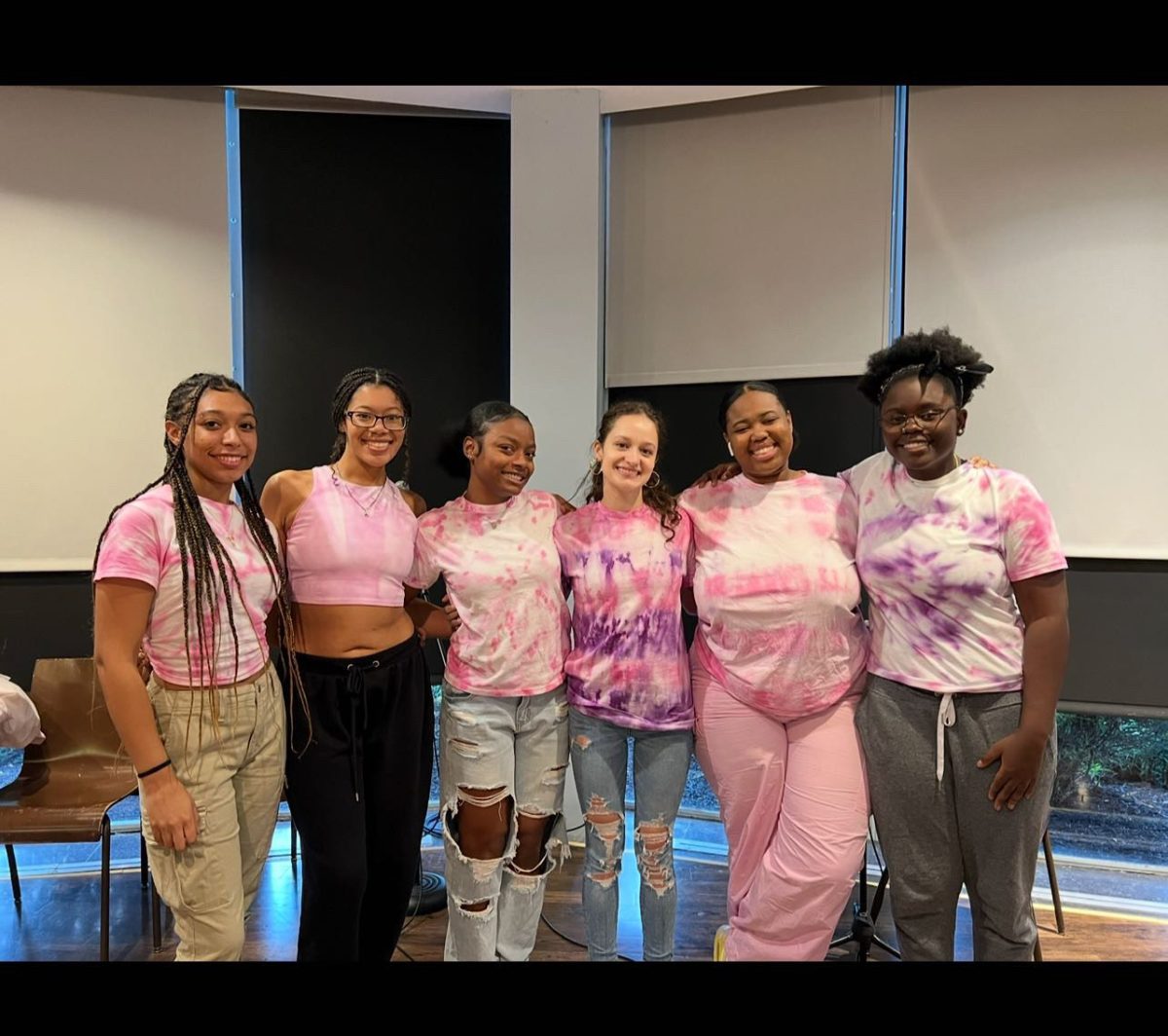This summer was a different experience for everyone.
International Senior Rasmei Morokot Pidorith had planned to travel during her first summer in the United States.
“I was hoping to visit and explore more places like New York City, Boston and other states, as this is my first year in the U.S.,” Pidorith said. “All I could do this summer was outdoor activities, like hiking and camping.”
With some travel plans put on hold, it led people to lose their jobs in the meantime. Junior, Jessica Spence would have spent her summer working at a daycare, but her hours were cut short as a result of COVID-19.
“I would’ve worked all summer,” Spence said. “ But because they lessened their staff and I was a summer employee, they chose to keep permanent employees over me.”
Freshman Mariami Kentchadze spent the summer in her hometown of Tbilisi, Georgia. There, restrictions had just as much of an affect as they did in the U.S., only the restrictions were lifted sooner.
However, Kentchadze still had to adjust the ways she socialized.
“For a few weeks, the public transportation was banned, which made getting around very difficult,” Kentchadze said. “But usually when I saw friends, we would hang out at home and with only a few people at a time. Another regulation was the curfew, which meant that anytime I hung out with friends we had to go home earlier than we would have liked.”
Senior Florence Toimil would usually have had a busy summer.
“In previous summers I would be working at a summer camp and hanging out with friends,” Toimil said. “I would always go to the beach, cookouts, and a lot of activities like bowling or movies.”
Toimil had hoped to see the infection rate of COVID-19 falling sooner, but instead had to change the way she socialized for the whole of her summer.
“I adapted to COVID-19 by limiting who I hung out with,” Toimil said. “I only saw a few friends, my boyfriend, and my family because I knew they were all negative for coronavirus. And whenever I did see people it was typically in an outdoor environment where we could socially distance.”
However, folks such as Kentchadze attempted to make the most of what they felt was a limited summer experience.
“My biggest plan was to come to the U.S. for college, and I still managed to do that, so my main goal was realized,” Kentchadze said. “The only unexpected thing was the 14-day quarantine, which was a new rule. And because of it I missed orientation and had to do my first week of classes online.”
The challenges presented to these students were tall, but the reflection period for most enabled them to move forward and start a new life.
“Despite everything, this year has still been an amazing one for me because I was able to start my college life in America,” Kentchadze said.






































































































































